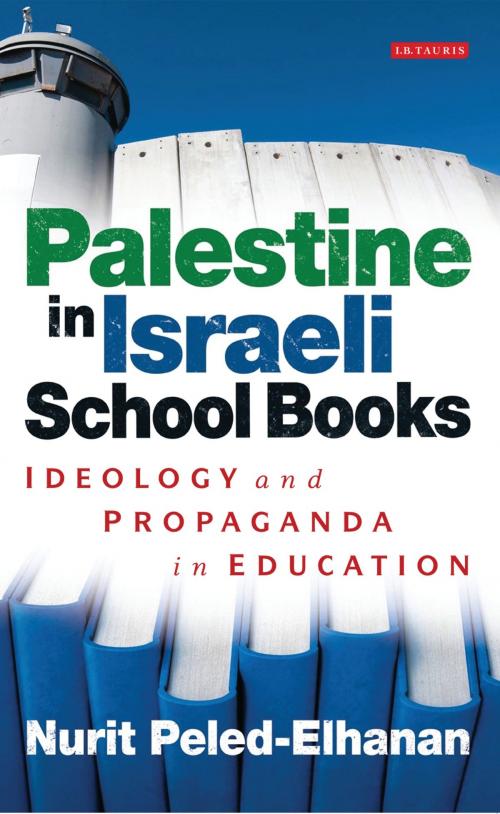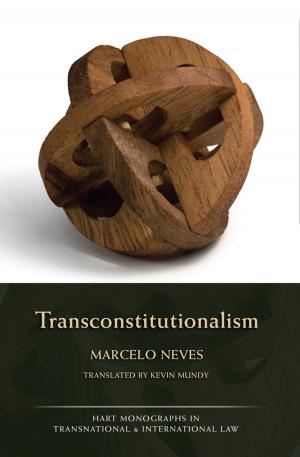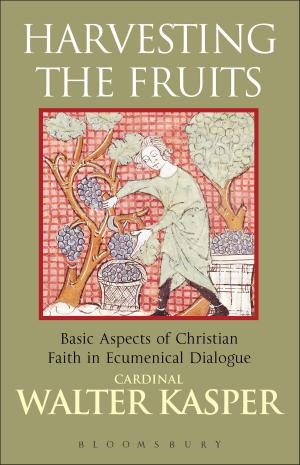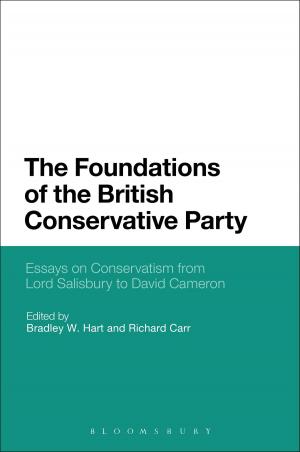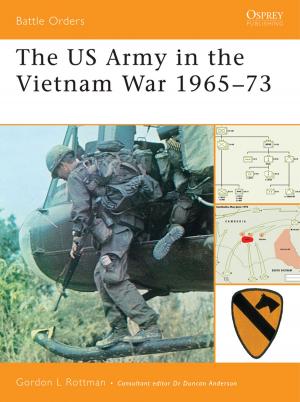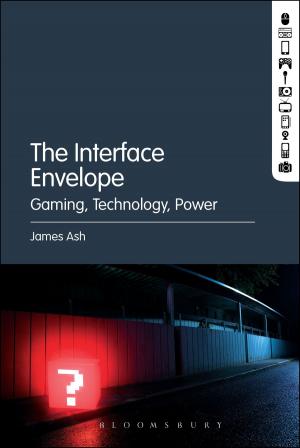Palestine in Israeli School Books
Ideology and Propaganda in Education
Nonfiction, Reference & Language, Education & Teaching, Educational Theory, Philosophy & Social Aspects, Social & Cultural Studies, Political Science, History| Author: | Nurit Peled-Elhanan | ISBN: | 9780857730695 |
| Publisher: | Bloomsbury Publishing | Publication: | October 1, 2013 |
| Imprint: | I.B. Tauris | Language: | English |
| Author: | Nurit Peled-Elhanan |
| ISBN: | 9780857730695 |
| Publisher: | Bloomsbury Publishing |
| Publication: | October 1, 2013 |
| Imprint: | I.B. Tauris |
| Language: | English |
Each year, Israel's young men and women are drafted into compulsory military service and are required to engage directly in the Israeli-Palestinian conflict. This conflict is by its nature intensely complex and is played out under the full glare of international security. So, how does Israel's education system prepare its young people for this? How is Palestine, and the Palestinians against whom these young Israelis will potentially be required to use force, portrayed in the school system? Nurit Peled-Elhanan argues that the school books used in the educational system are embued with an anti-Palestinian ideology, and that they play a part in priming Israeli children for military service.
Since Israeli young men and women are drafted into the army immediately after graduating from high school, and are sent to carry out Israeli policy in the Palestinian occupied territories, a critical reading of their school books may have crucial importance for them and their teachers who usually do not look for subtexts, because they do not think subtexts exist. Peled-Elhanan therefore explores the presentation of images, maps, layouts, bullet points, narrative and use of language in History, Geography and Civic Studies school books, and reveals how the books are seen to marginalize Palestinians, legitimize Israeli military action and reinforce Jewish-Israeli territorial identity.
Examining the various ways in which school books project certain messages, Peled-Elhanan offers an analysis of the perpetuation of the dominant conceptual framework of not only historians and writers of these books, but also that of politicians, generals and other manipulators of discourses. This book provides a fresh scholarly contribution to the Israeli-Palestinian debate, and by critically analyzing the language of governance and power, will be relevant to the fields of Middle East Studies and Politics more widely.
Each year, Israel's young men and women are drafted into compulsory military service and are required to engage directly in the Israeli-Palestinian conflict. This conflict is by its nature intensely complex and is played out under the full glare of international security. So, how does Israel's education system prepare its young people for this? How is Palestine, and the Palestinians against whom these young Israelis will potentially be required to use force, portrayed in the school system? Nurit Peled-Elhanan argues that the school books used in the educational system are embued with an anti-Palestinian ideology, and that they play a part in priming Israeli children for military service.
Since Israeli young men and women are drafted into the army immediately after graduating from high school, and are sent to carry out Israeli policy in the Palestinian occupied territories, a critical reading of their school books may have crucial importance for them and their teachers who usually do not look for subtexts, because they do not think subtexts exist. Peled-Elhanan therefore explores the presentation of images, maps, layouts, bullet points, narrative and use of language in History, Geography and Civic Studies school books, and reveals how the books are seen to marginalize Palestinians, legitimize Israeli military action and reinforce Jewish-Israeli territorial identity.
Examining the various ways in which school books project certain messages, Peled-Elhanan offers an analysis of the perpetuation of the dominant conceptual framework of not only historians and writers of these books, but also that of politicians, generals and other manipulators of discourses. This book provides a fresh scholarly contribution to the Israeli-Palestinian debate, and by critically analyzing the language of governance and power, will be relevant to the fields of Middle East Studies and Politics more widely.
